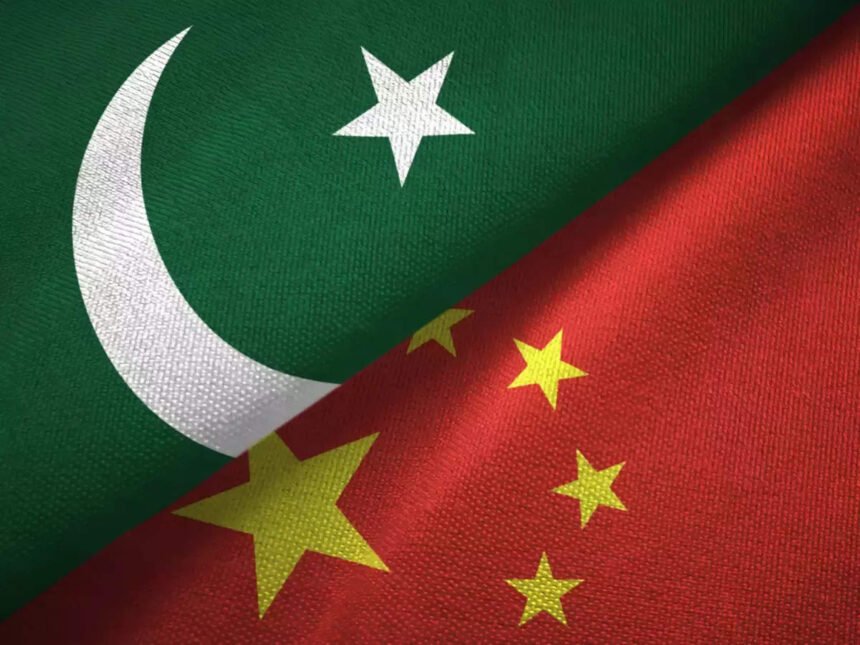In a gesture of continued support for its close ally, China has provided Pakistan with a USD 1 billion infusion to bolster its critically low foreign reserves. The financial assistance comes at a crucial time as Pakistan faces uncertainty in reviving a stalled International Monetary Fund (IMF) loan. The State Bank of Pakistan (SBP) confirmed the receipt of the funds from China, which will help alleviate the strain on Pakistan’s reserves that had dwindled to nearly USD 3.9 billion in recent weeks.
Pakistan’s finance minister, Ishaq Dar, revealed that the country had already repaid USD 1 billion to China on Monday, settling a portion of its outstanding debt of USD 1.3 billion. The repayment was made with the expectation that China would reciprocate by extending additional support to Pakistan’s struggling economy.
The injection of USD 1 billion from China will provide some respite to Pakistan, as it grapples with mounting economic challenges. The country’s foreign reserves have been under significant pressure due to a widening trade deficit, declining exports, and increased debt obligations. With dwindling reserves, Pakistan has been struggling to meet its external payment obligations, including servicing existing debts and managing imports.
The details surrounding China’s financial assistance to Pakistan have not been disclosed. Nevertheless, the timely aid is expected to alleviate the immediate strain on Pakistan’s foreign reserves, offering some stability and breathing room for the government to address its economic woes.
China has been a longstanding partner of Pakistan, with the two countries sharing strong diplomatic and economic ties. China’s support has often come in the form of infrastructure development projects under the China-Pakistan Economic Corridor (CPEC), which aims to enhance connectivity between the two nations and boost economic growth in Pakistan.
The recent financial assistance from China is yet another testament to the enduring friendship between the two nations. While the exact terms of the aid remain undisclosed, it is likely to include provisions aimed at bolstering Pakistan’s foreign exchange reserves and providing some relief to its struggling economy.
Pakistan’s reliance on external assistance highlights the country’s ongoing efforts to stabilize its financial situation. The nation has been engaged in negotiations with the IMF for a loan program to address its mounting economic challenges. However, the talks have faced setbacks, resulting in uncertainty surrounding the approval and disbursement of an IMF loan.
The IMF loan has been considered essential for Pakistan to regain investor confidence, strengthen its economy, and implement crucial structural reforms. Without the loan, Pakistan could face heightened economic instability, including further depreciation of its currency, rising inflation, and increased fiscal pressures.
While China’s assistance provides temporary relief, Pakistan must address its underlying economic vulnerabilities and implement comprehensive reforms to achieve long-term stability. The government needs to focus on promoting exports, attracting foreign direct investment, improving tax collection, reducing fiscal deficits, and enhancing governance to ensure sustained economic growth.
China’s provision of USD 1 billion to Pakistan’s dwindling foreign reserves offers a much-needed lifeline to the cash-strapped nation. The financial assistance will provide temporary stability and alleviate immediate pressure on Pakistan’s economy. However, the country must take proactive measures to address its economic challenges, including pursuing structural reforms and fostering a conducive environment for sustainable growth.




